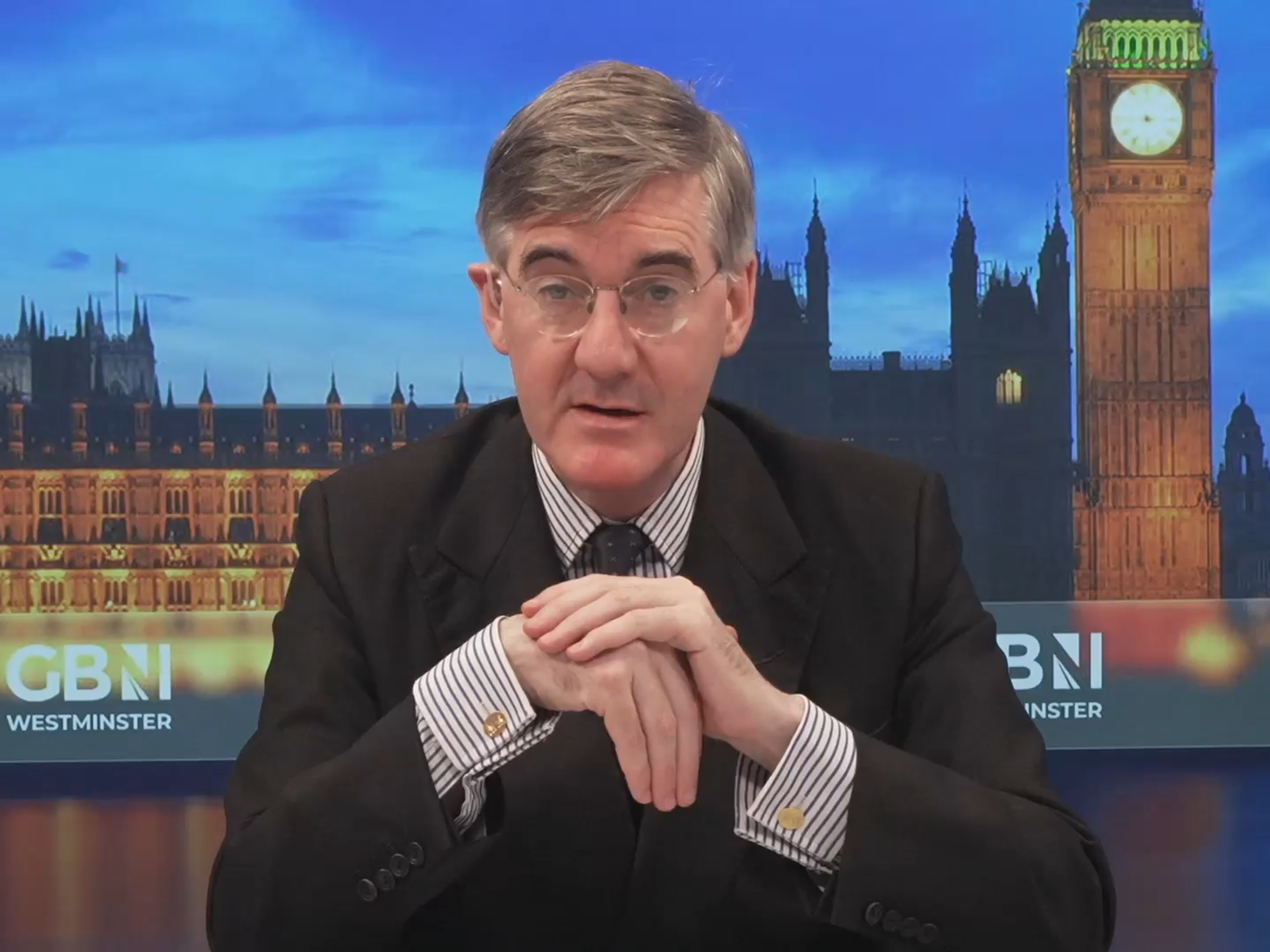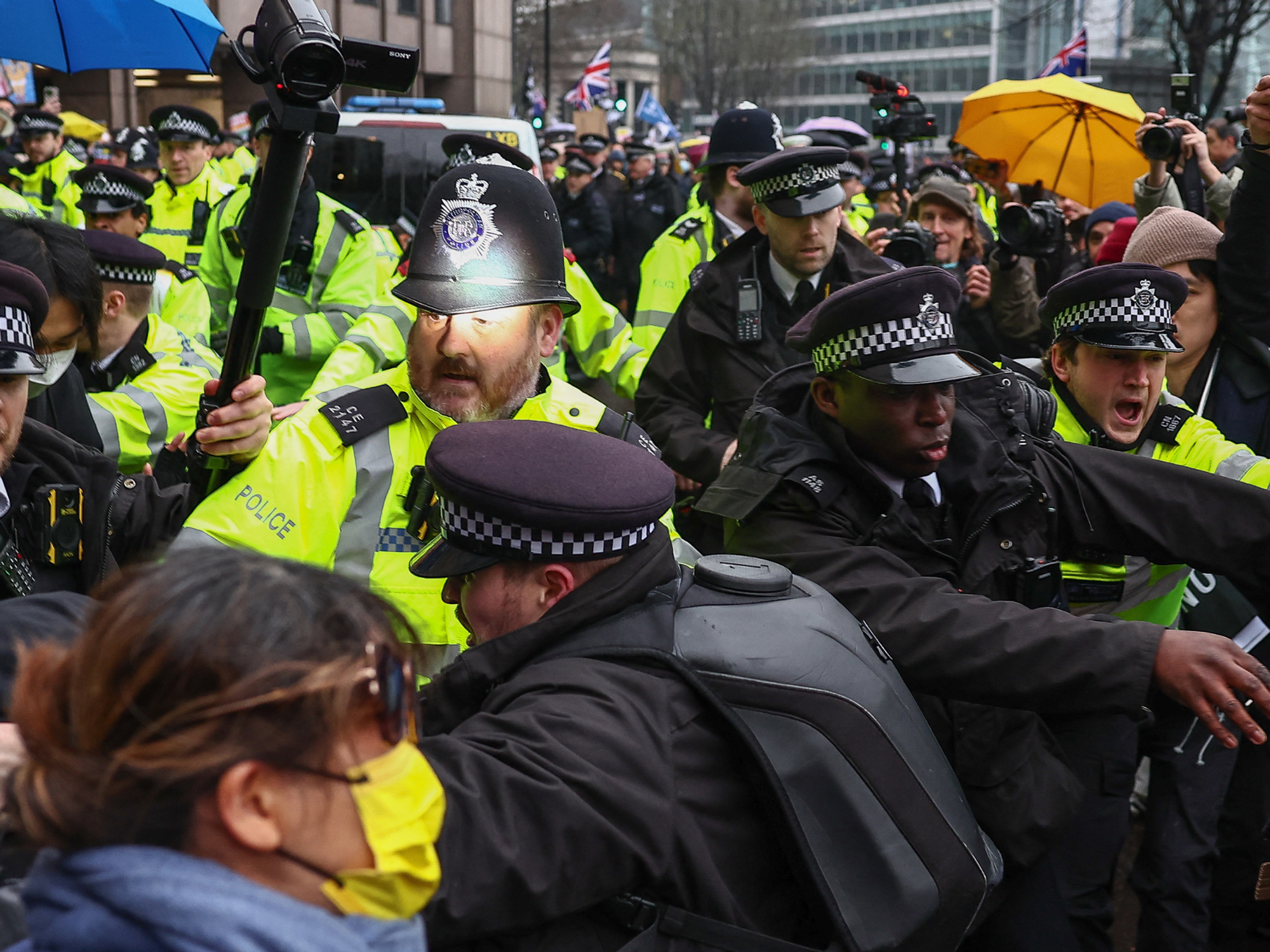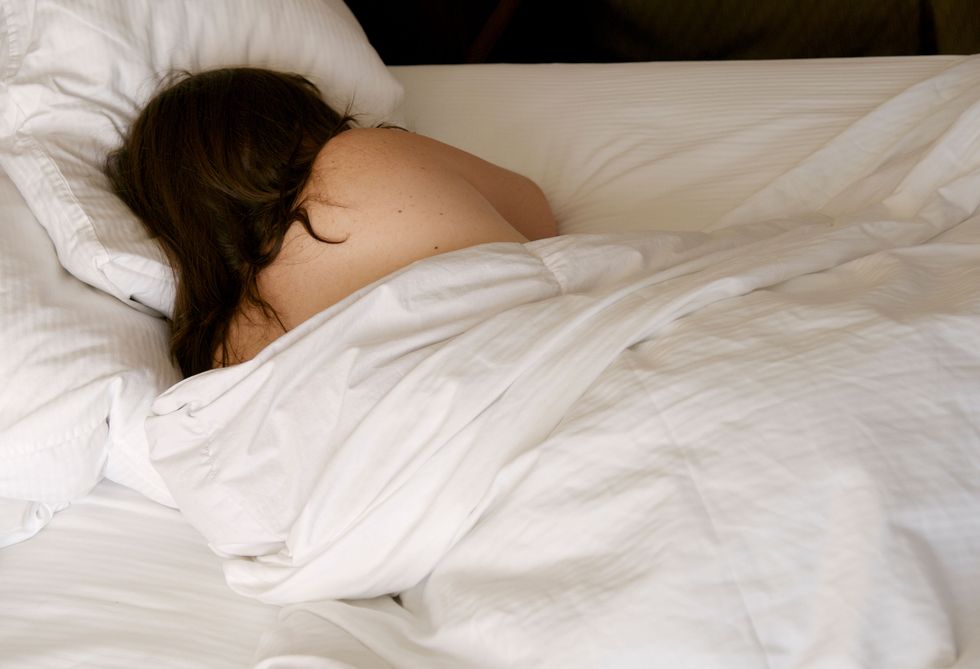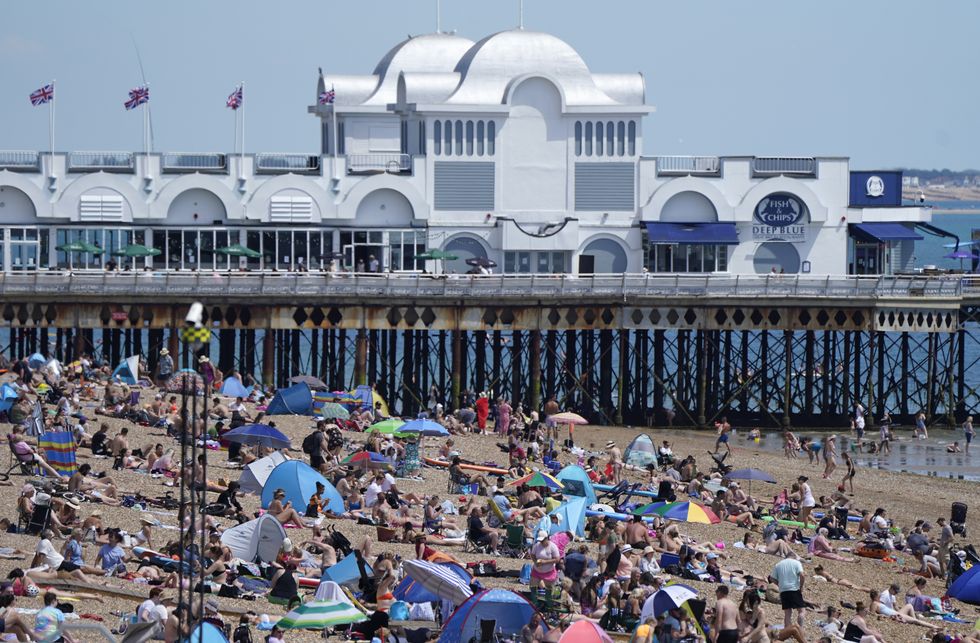Extreme environments expert shares tips on best ways to get to sleep during heatwave
Getting to sleep during a heatwave can seem like an impossible task – but there are steps you can take
Don't Miss
Most Read
Latest
Julie Gooderick, an extreme environments expert at the University of Brighton, says it is key to set your environment before sleeping.
The ideal room temperature for sleeping is around 18-21C.
To avoid your bedroom becoming too hot, Ms Gooderick advises using fans, opening windows at night, and keeping curtains closed during the day.
She also suggests using a thin sheet instead of your regular duvet, avoiding napping during the day, and cooling your body down as much as possible.
This can be done using cooling pads, a cold shower, or even putting your pyjamas in the freezer a few hours before bedtime.
It comes after Health Secretary Steve Barclay said extra measures are being put in place for ambulance services.
Mr Barclay said additional contingency support, such as more call handlers and extra working hours, are being put in place on Monday and Tuesday.
Meteorologists have given an 80 percent chance of the mercury topping the UK’s record temperature of 38.7C, set in Cambridge in 2019 – with the current heatwave set to peak on Tuesday.
Scorching temperatures are predicted for Monday, with Peterborough expected to hit 37C and Milton Keynes, Norwich and Lincoln thought to hit 36C – while temperatures could hit 40C in London on Tuesday.
The UK’s first red extreme heat warning has been issued across a large part of England from London to Manchester and York on Monday and Tuesday, while an amber warning initially covers all of England on Sunday and extends to southern Scotland and Wales from Monday until Tuesday.
The UK Health Security Agency has increased its heat health warning from level three to level four, which is described as a “national emergency”.
Ministers held a virtual emergency COBRA meeting on Saturday after meteorologists warned the record high temperatures could put lives at risk.
Cabinet Office minister Kit Malthouse, who chaired the meeting, said transport services will face “significant disruption” and urged people not to travel.
He added schools were being issued with guidance to enable them to remain open.
Climate attribution scientist at the Met Office, Dr Nikos Christidis, has said the 40C prediction is a result of climate change.
He said: “We hoped we wouldn’t get to this situation, but for the first time ever we are forecasting greater than 40C in the UK.
“In a recent study we found that the likelihood of extremely hot days in the UK has been increasing and will continue to do so during the course of the century, with the most extreme temperatures expected to be observed in the south east of England.”
The Met Office has forecast dry weather in Wales, the Midlands, the South East and south-west England on Sunday as temperatures jump to 31C.
The North West and north-east England, and Scotland, are predicted to have a cloudier day, with some showers or rain at times.
Highs of 25C are predicted in the north west of England, while the North East and most of Scotland could see highs of 23C.
Sleeping can be particularly difficult in extreme heat
PA Features Archive/Press Association Images
People enjoy the warm weather on Southsea beach in Hampshire
Andrew Matthews













